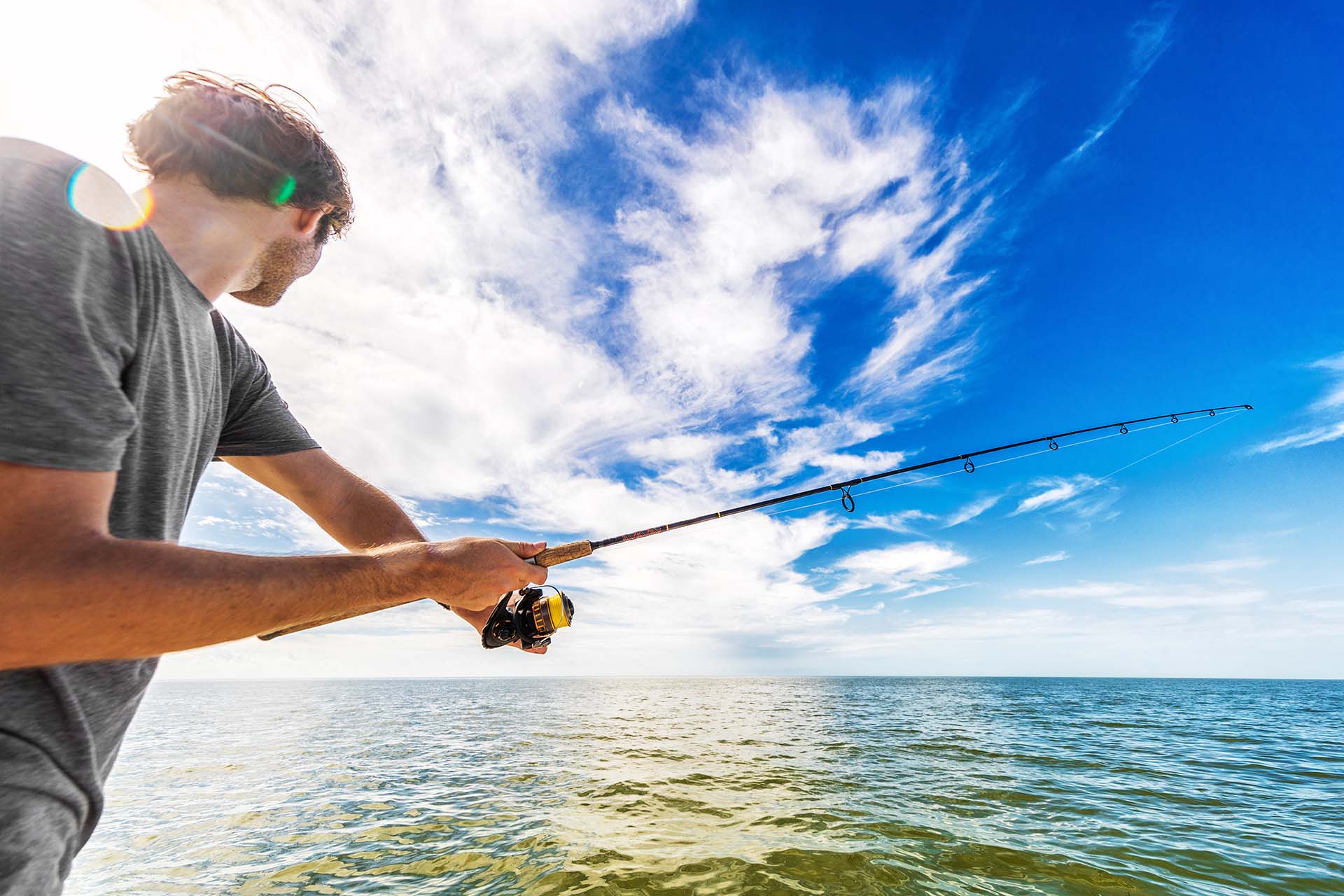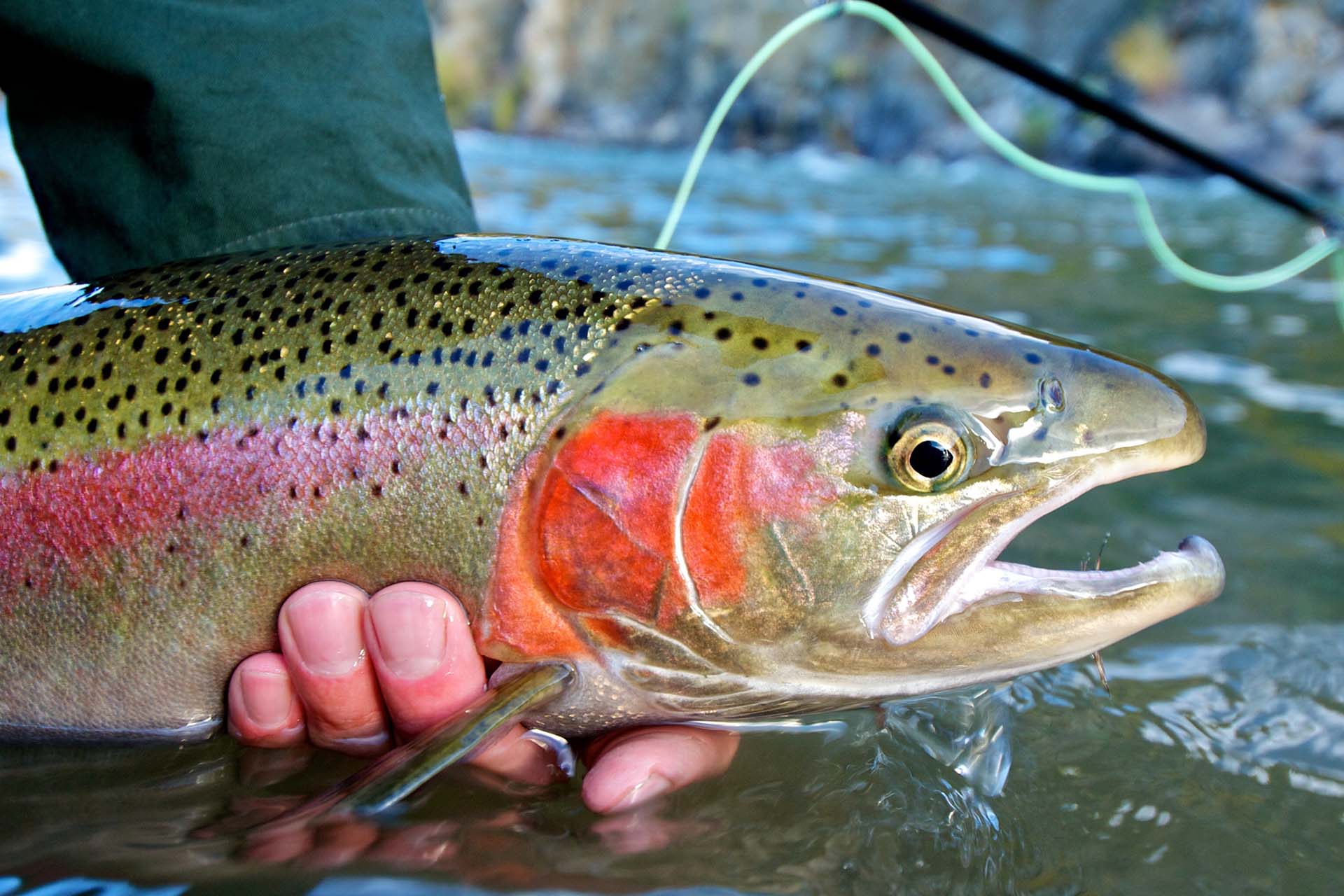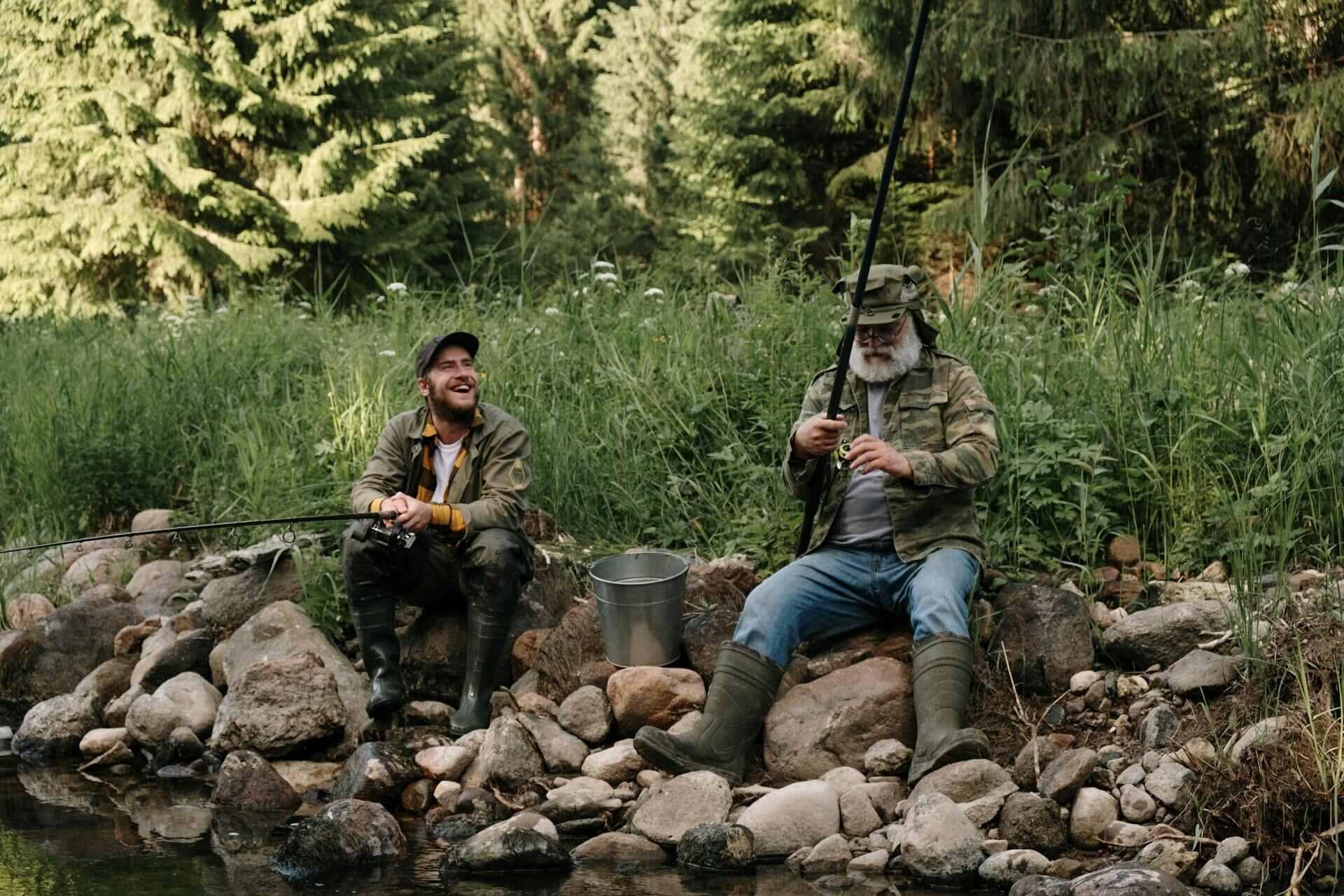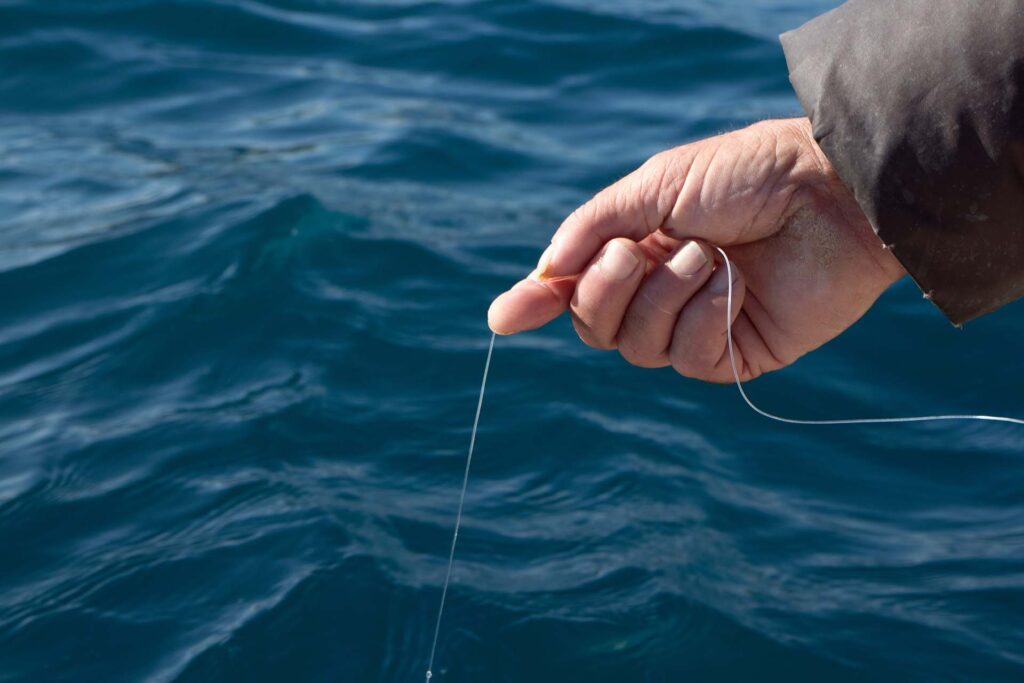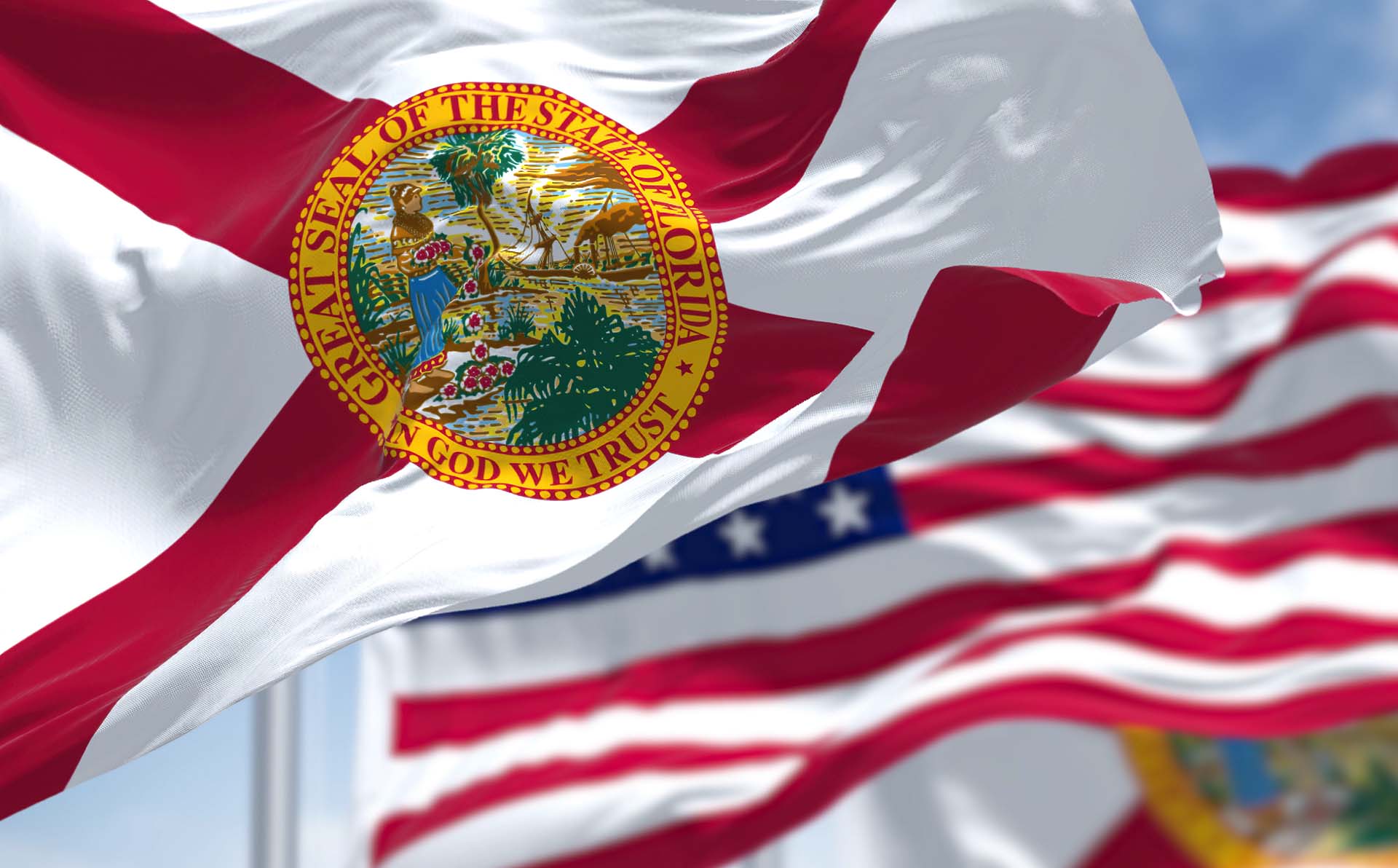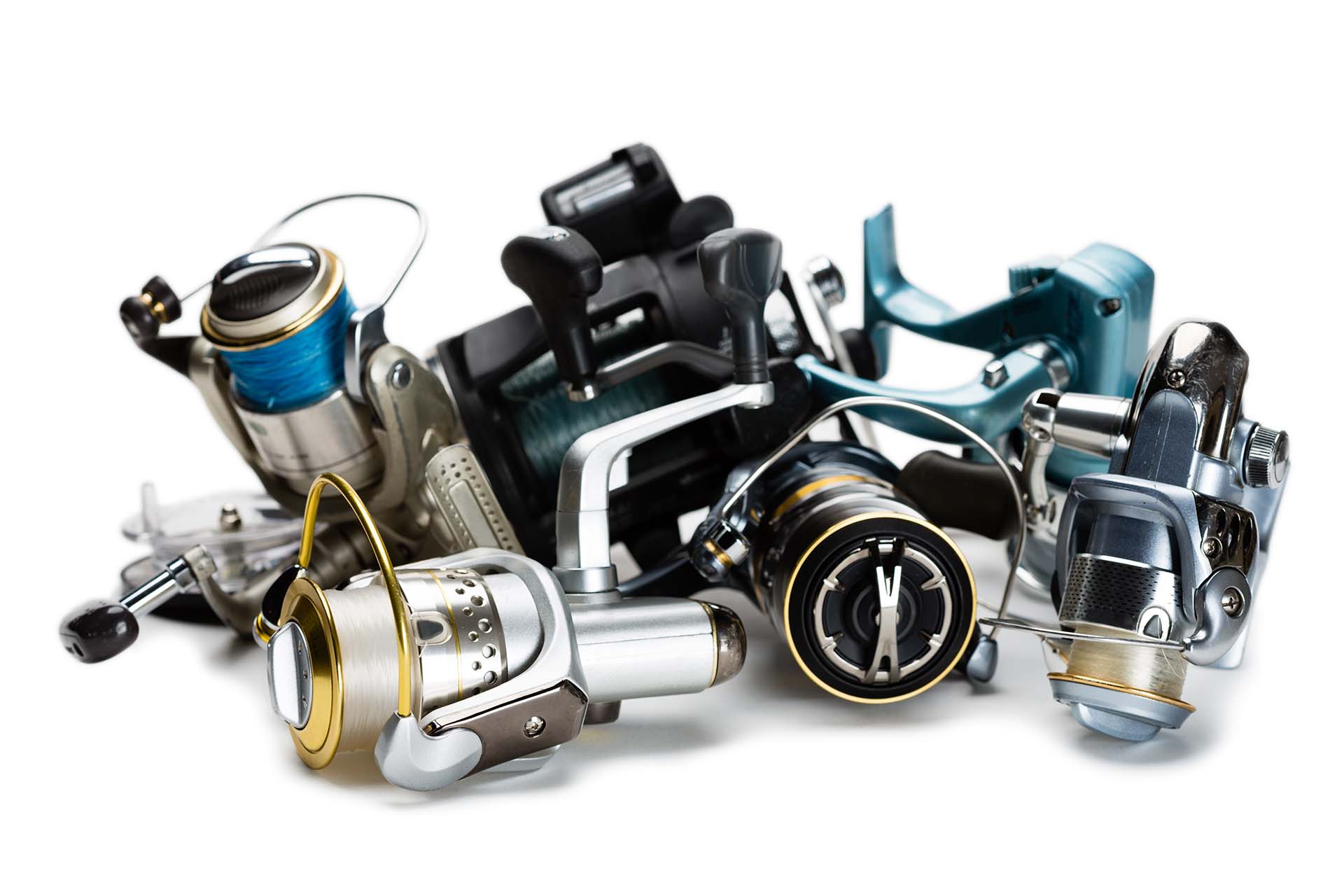Have you ever bragged to your friends about landing the biggest catch of the day? Well, you’ve got nothing on some of history’s most famous fishermen! From literary legends to daring adventurers, these extraordinary individuals have graced our rivers and oceans with their innovative fishing techniques and tales of bravery. Let’s take a tour of the greatest anglers who ever lived – you might just get inspired enough to break a record.
Ernest Hemingway Is One of the Most Famous Fishermen in History
The most famous angler certainly doesn’t need an introduction, but here’s one anyway. Ernest Hemingway was a legendary American author and journalist who had a significant impact on literature in the 20th century. From The Old Man and the Sea to For Whom the Bell Tolls, Hemingway’s literary journey was filled with adventures and accolades, including a Pulitzer Prize for fiction in 1953 and the Nobel Prize in Literature a year later.
Hemingway’s Passion for Fishing Has Greatly Influenced His Writing
A quick glance at Hemingway’s works is all it takes to realize that he was a passionate fisherman whose love for the sport greatly influenced his writing. For Hemingway, fishing was a way to escape from the chaos of life and indulge in peaceful solitude.
Through these adventures, he found inspiration for many of his iconic works, such as The Old Man and the Sea, which tells the story of an aging fisherman and his struggle with a giant marlin. Hemingway’s writing about fishing was not just about the thrill of catching the most common fish – it was also about the philosophy behind it and the patience and determination required to succeed. That’s why to this day, his books can serve as an inspiration both for beginner anglers and experienced fishermen worldwide.
What Is Hemingway’s Impact on Recreational Fishing and Angling Culture?
Hemingway embarked on many fishing expeditions throughout his life, from the streams of Michigan to the shores of Cuba. He was known for his love of big game fishing, and his expeditions often led to world-record catches. In fact, Hemingway held several world records for catching common saltwater species such as marlin and tuna.
So, Hemingway’s influence was not only through his writing but also through his personal enthusiasm for the sport, and this influence can still be seen today. His passion inspired countless people to take up the art of angling and sparked an interest in preserving and protecting marine life. Additionally, he played a role in popularizing destinations such as Key West and Bimini as world-class fishing spots.
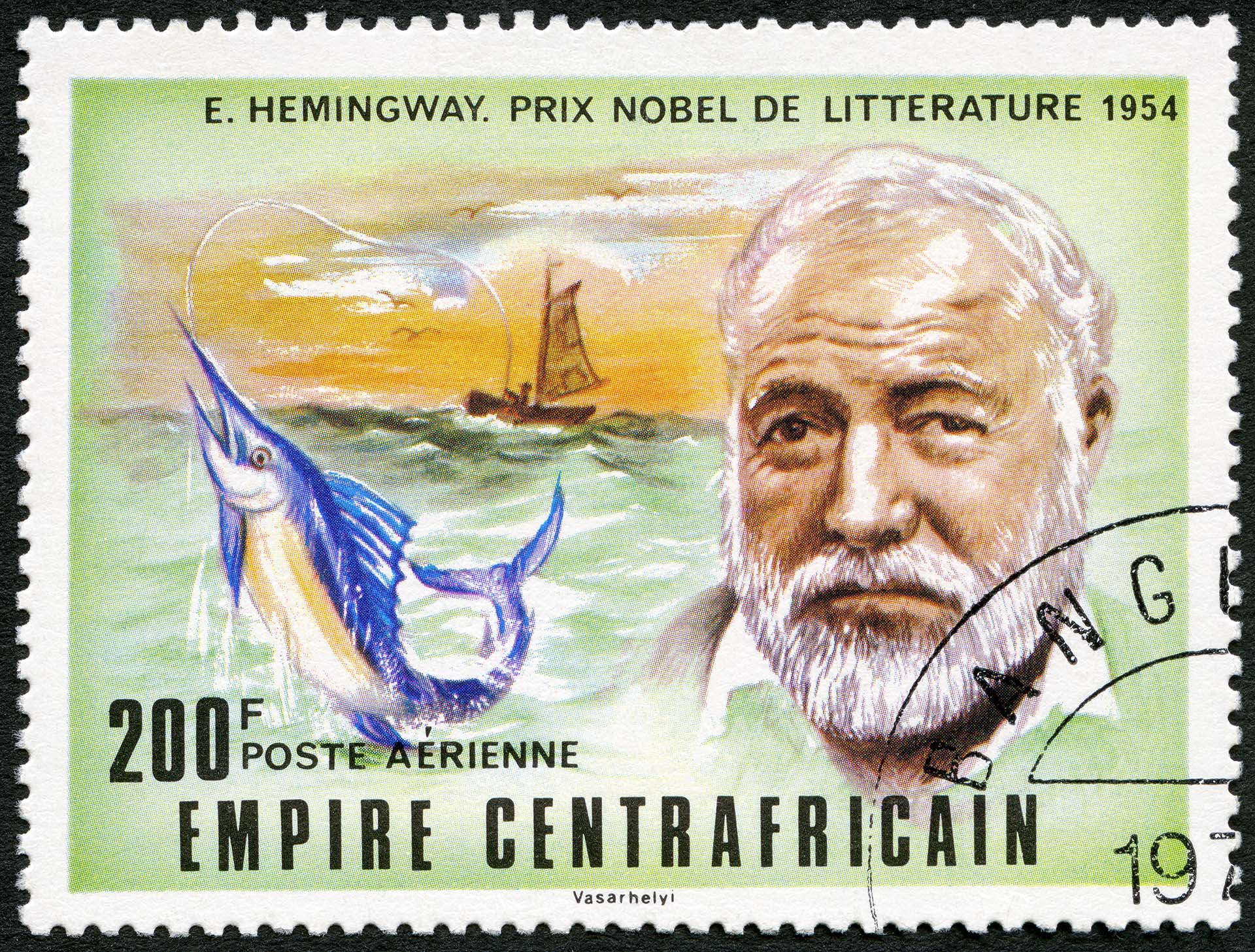
Izaak Walton Is One of the Most Famous Fly Fishermen
Izaak Walton was a 17th-century English writer and angler known for his literary works on the subject of fishing. His literary career began in 1653 with the publication of The Compleat Angler, which is considered one of the most important works in the history of fishing literature.
Walton went on to write several more books on the subject, including The Lives of Dr. John Donne, Sir Henry Wotton, Mr. Richard Hooker, and George Herbert. Thanks to such significant contributions to the genre, as well as his promotion of fishing as a leisure activity, Izaak Walton remains a beloved figure in the world of angling to this day.
Contributions to the Development of Fly and Sport Fishing
Walton’s magnum opus, The Compleat Angler, is a celebration of the art and spirit of angling. Through a mix of prose, poetry, and dialogue, Walton not only explores various fishing styles but also discusses the importance of preserving the natural world.
Moreover, this timeless masterpiece is considered one of the earliest and most influential books on fly fishing and other angling techniques connected to it, such as nymph fly fishing. Walton also played a role in the development of sport fishing in England by advocating for regulations to protect fish populations. His promotion of the catch-and-release practice and his recognition of the need for conservation are surely echoed in the modern fishing community.
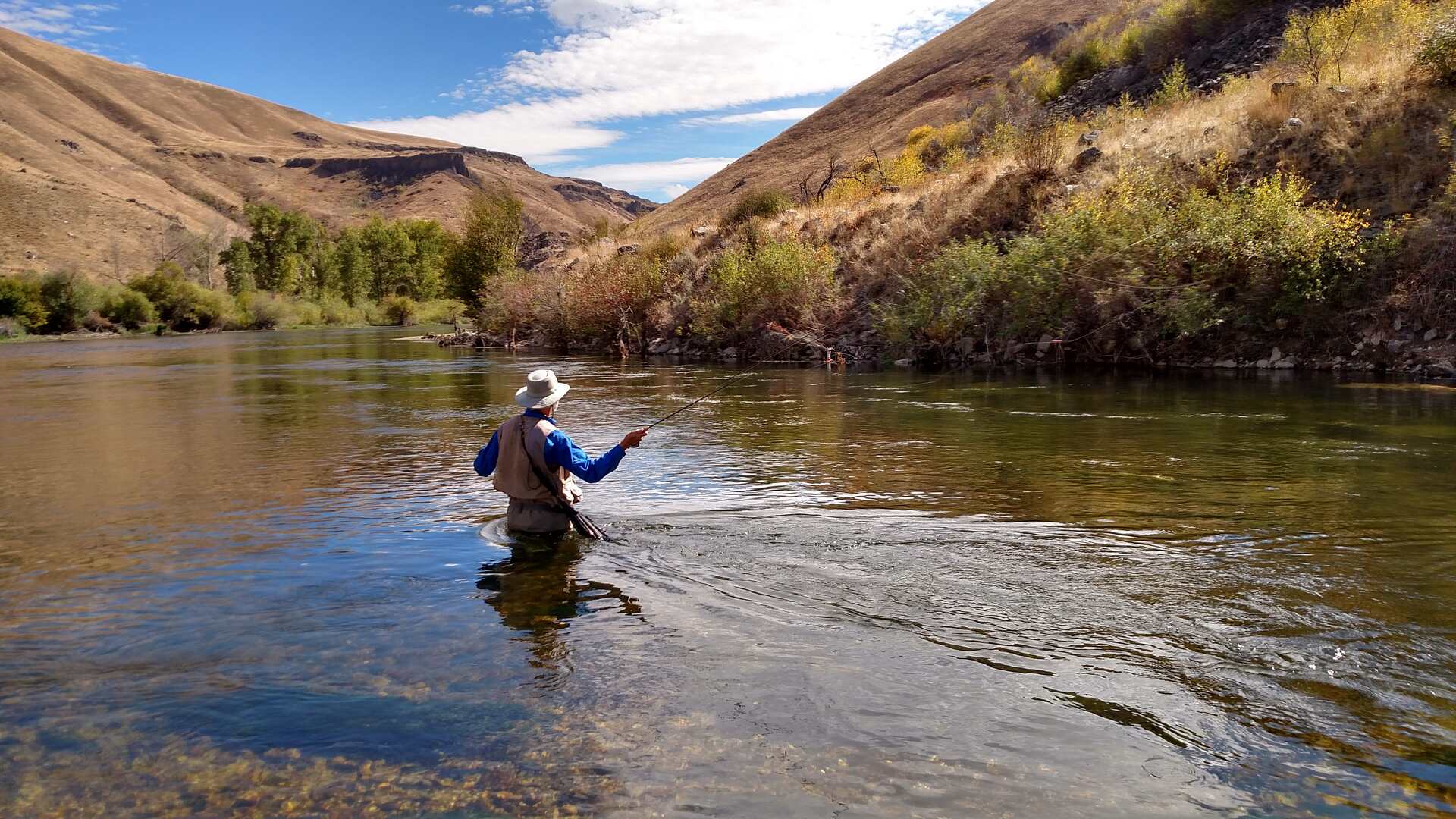
Zane Grey Is Another Influential American Writer Who Had a Passion for the Sport
Zane Grey was an American author born in Zanesville, Ohio, in 1872. Even though he initially pursued a career in dentistry, his passion for writing and storytelling soon led him down a different path.
In 1902, he published his first novel, Betty Zane, which was successful but did not achieve widespread recognition until later. It was his Western novels, such as Riders of the Purple Sage, which made him famous. All in all, Grey wrote more than 90 books, many of which became bestsellers, and his vivid descriptions of the American West helped to popularize the Western genre.
This Writer Was Particularly Interested in Deep-Sea Fishing Adventures
Zane Grey was not only a prolific author, but he was also an accomplished angler with a passion for deep-sea fishing. He was known to spend his summers angling off the coast of Southern California and Baja California, and he set several world records for deep-sea catches, including:
- 1,040-pound black marlin in 1924,
- 114-pound swordfish on a bamboo rod in 1926,
- 884-pound bluefin tuna in 1928,
- 1,236-pound broadbill swordfish in 1930.
His love for the sport is showcased in his book Tales of Fresh-Water Fishing, which shares his experiences and adventures angling in some of America’s most pristine waterways. Thanks to this interesting book and success in landing the heavy hitters of the sea, Zane Grey continues to influence angling enthusiasts to this day.
Grey’s Impact on the Sport and Conservation Efforts
Grey’s writing on techniques and tactics, as well as his prolific career, helped popularize the sport and inspire generations of anglers. In addition, his passion for conservation led him to become a vocal advocate for sustainable practices. He worked closely with organizations such as the International Game Fish Association (IGFA) and was a founding member of the Tuna Club of Avalon, which established regulations for the sport.
However, Grey’s love for angling extended far beyond – he was also an innovator when it came to fishing gear, known for using light tackle for catching large game fish. He collaborated with manufacturers to design new equipment, including fishing reels, lines, and specialized fish baits. This emphasis on having the right gear definitely led to significant advancements in technology, so everyone that has a quality rod by their side can thank Zane Grey for his contributions.
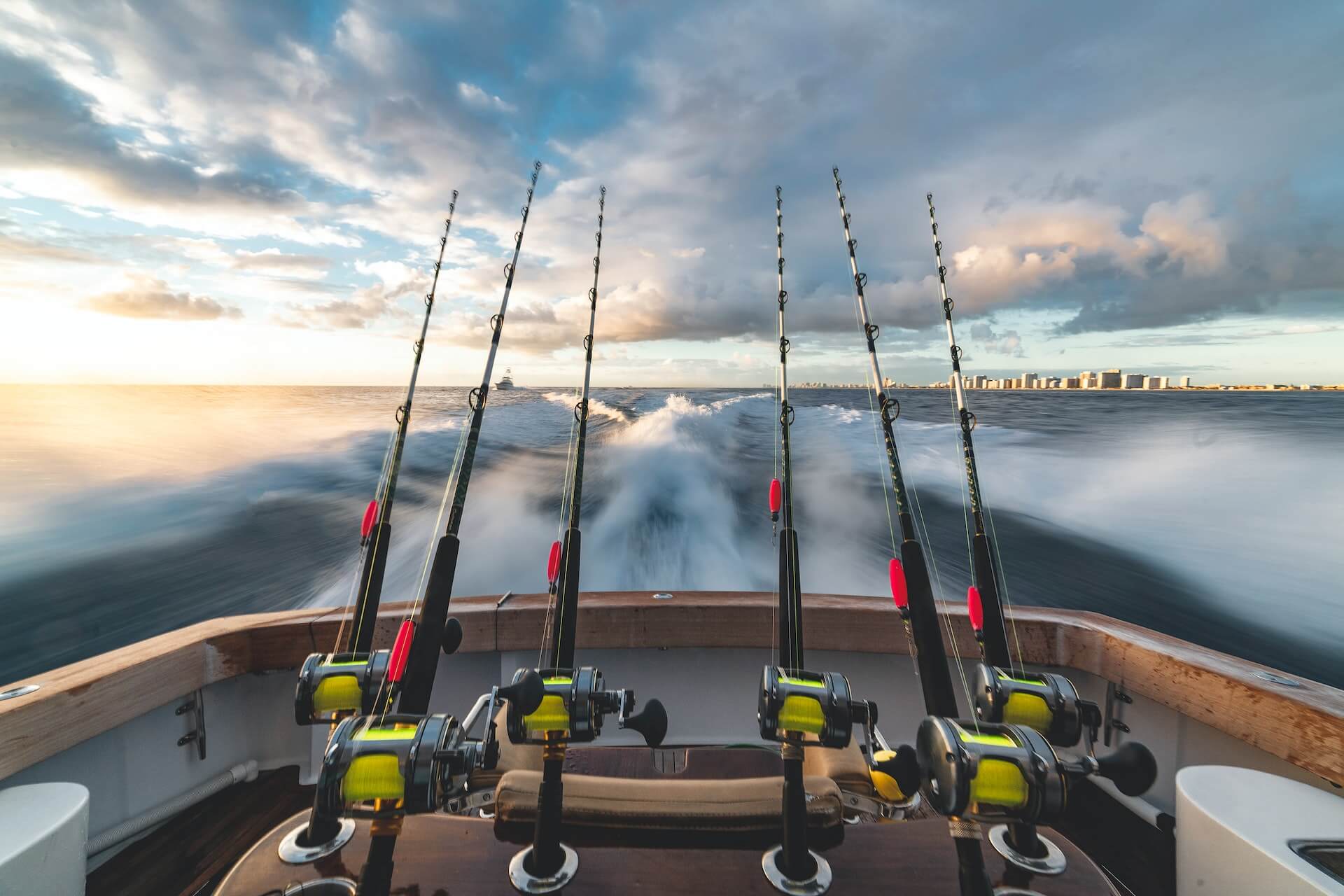
Bill Dance Is Probably the Most Famous Bass Fishermen in History, and He’s Angling to This Day
Bill Dance is a renowned professional angler, author, and television personality widely known for his contributions to this sport. Born in Tennessee in 1940, Dance started angling at a young age and quickly developed a passion for the sport. He began competing in tournaments in the 1960s and went on to win three Bassmaster Classic titles.
Dance became a household name in the world of angling through his television series, Bill Dance Outdoors, which has been on the air since 1968. He is also the author of several books on this subject, sharing his vast knowledge, experience, and some fishing slang with fellow anglers.
Dance Had a Very Successful Career as a Professional Bass Angler
As mentioned, Bill Dance won three Bassmaster Classic titles in the 1970s, and he competed in more than 500 tournaments. He was known for his mastery of finesse techniques and his ability to adapt to changing conditions, which helped to broaden the horizons of sport fishing competitions.
Contributions to the Development of Modern Techniques and Equipment
Dance’s success as a tournament angler and television personality helped to elevate the profile of the sport and was a much-needed boost for a new generation of bass anglers. On top of that, he made significant contributions to the development of modern techniques and equipment.
Dance was a pioneer in the use of sonar technology and other electronic aids, giving him a competitive edge. He also worked closely with manufacturers to design and improve gear, from fishing rods all the way to fish hooks. His contributions to the sport of bass fishing have been significant, and he remains a beloved figure in the community.
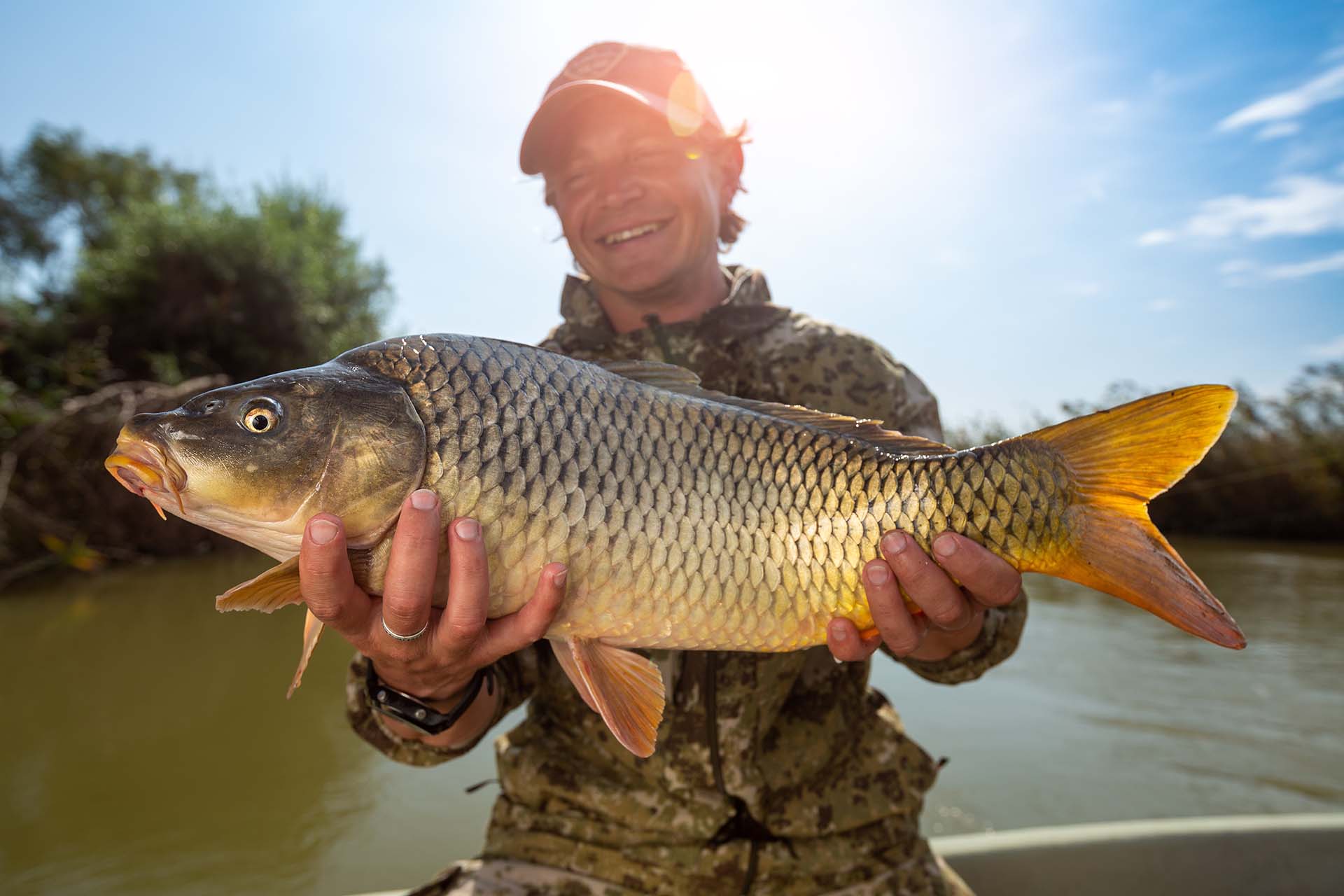
Lee Wulff Was a Fly Fishing Pioneer and Vocal Advocate for Sustainable Practices
Lee Wulff was a pioneering American fly fisherman, writer, and conservationist. Born in 1905 in New York, Wulff began his fly fishing career in the Catskill Mountains in the 1920s and later developed a passion specifically for Atlantic salmon fishing in Canada.
Wulff’s Angling Career Is Full of Many Accomplishments
Above all, Wulff is known for his innovative approach to fly casting, promoting the use of short, shooting lines that allowed for greater accuracy and distance when casting. He was also a pioneer in the use of lightweight fiberglass fishing rods, which he developed in the 1940s, revolutionizing the sport of fly fishing. The modern advancements of this technique, tippet line and all, would be practically impossible without this great innovator.
As if that wasn’t enough, Wulff refined the use of the dry fly and developed new patterns that imitated various aquatic insects. He also invented the first loop-to-loop connection, a simple and effective way to attach a leader to a fly line and tie it to the fish hook. Through his innovations, teaching, and mentorship, he inspired a new generation of fly fishers to appreciate the sport and take an active role in preserving natural resources.
Contributions to the Protection and Management of Atlantic Salmon
And there’s more – Lee Wulff was also a passionate advocate for the conservation and protection of Atlantic salmon, which he considered to be the “king of fish.” He worked tirelessly to raise awareness of the plight of this species, which suffered from overfishing, habitat destruction, and other threats.
He was one of the founders of the Atlantic Salmon Federation, an organization dedicated to preserving this species, and he was also one of the first anglers to advocate for catch and release fishing long before it became a mainstream conservation practice. This might be his most important accomplishment, but there’s definitely plenty to choose from.
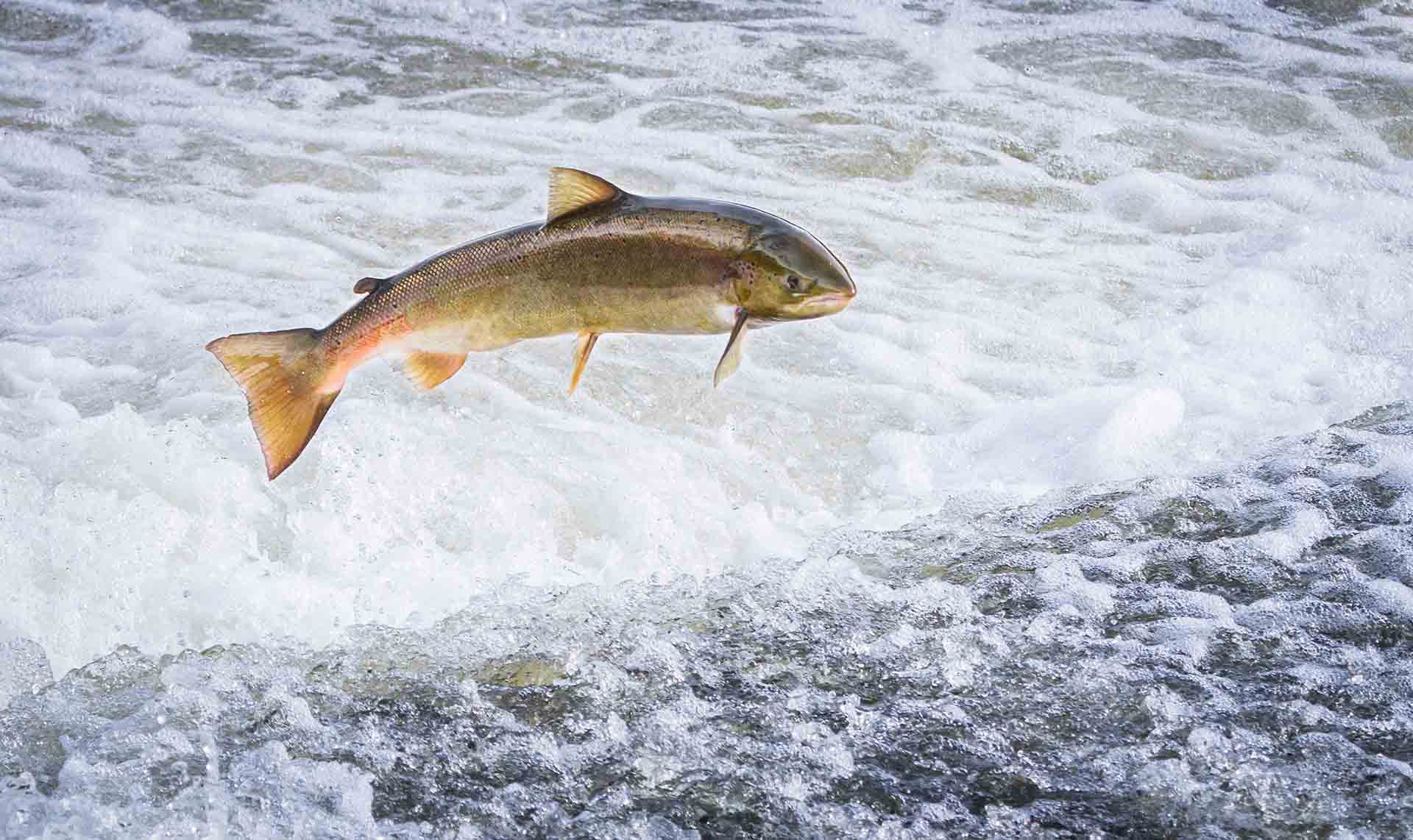
Santiago Genovés Was an Angling Legend With an Expertise in Longline and Spearfishing
Santiago Genovés was a Spanish scientist, writer, and adventurer known for his remarkable expeditions and experiments related to human behavior. He is perhaps best known for his 1973 Acali Experiment, a social experiment that involved putting a diverse group of people on a raft and setting them adrift in the Atlantic for 101 days.
Genovés passed away in 2013, leaving behind a legacy of courageous experimentation and groundbreaking insights into the human mind, and it remains to this day his most important accomplishment. However, he was also an expert in longline fishing and spearfishing, and he spent much of his life exploring the ocean and studying the behavior of marine life.
Contributions to the Study of Fish Behavior and Marine Ecology
Aside from human nature, Genovés was passionate about studying the intricacies of the natural world, particularly the behavior of marine life. His innovative experiments and expeditions gave valuable insights into the complexities of marine ecology and the behavior of fish.
Genovés’ work touched on topics such as predator-prey relationships, communication, and social behavior in aquatic species. His legacy continues to inspire scientists and explorers to this day as they seek to better understand and protect our oceans and their inhabitants.
Now That You’re Hooked on These Legends, It’s Time for Your Own Adventure
As you can gather, there have been many legendary anglers, each with their unique contributions to the sport. From Lee Wulff’s unwavering commitment to conservation and protection to Dance’s pioneering work in modern fishing techniques, these fishermen left a lasting legacy that continues to inspire anglers to this day. Now that you know all about them, it’s time to keep their name alive and embark on your next fishing adventure!


